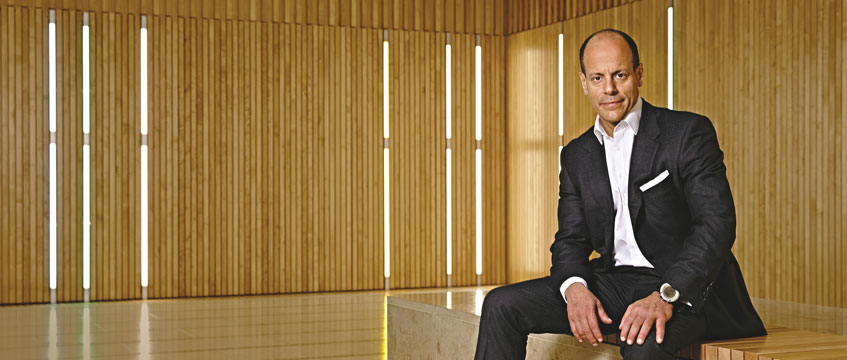Is the proptech community right to describe property companies unwilling to innovate and embrace technology as “dinosaurs”?
Those who have lambasted property companies in this way cite a lack of customer focus, excessive fear of failure, and an unwillingness to learn from other industries and change old ways.
The “dinosaur” phrase rolls easily off the tongue, and is now received wisdom about the lack of innovation in the sector, not least because it probably was true a decade ago.
At that time, property felt like a safe bet, where buying a building was almost like buying an index: if you owned a property in prime central London or Manhattan, and went to sleep for 20 years like Rip van Winkle, you were still likely to make money if the market was positive.
However, as with most anecdotes, the truth is more complex. While there may be plenty of property companies who are stuck in the past, an increasing number recognise the need to become more innovative, customer-focused and engaged with technology.
These companies often find it difficult to engage with proptech from a procurement perspective, but beyond that there is the challenge of understanding precisely what the products are and the real-world problems they solve.
Too often there are shiny new solutions to problems that don’t exist, or ones that only solve a small part of the problem, which leaves property companies looking elsewhere for appropriate solutions.
This isn’t surprising. Proptech is an immature sector and will likely evolve and mature over time, as seen with fintech. However, many start-ups would benefit from a better understanding of the industry they are trying to disrupt, both in terms of the challenges that companies face and the culture of the industry itself.
This would help them improve their product-market fit and make it easier to sell their product’s benefits. It’s no coincidence that the most successful start-ups have got this right. It will also help start-ups establish when they should partner with others to produce a complete solution.
Cultural gap

There is also a cultural gap to be bridged. Core real estate is a relatively low risk, low return asset class, and the cost of failure is extremely high when investing significant capital on buildings and places that will endure for decades; property players are understandably cautious.
This is very different from the innovative, high risk, high return culture typical of start-ups, which often criticise property companies for having a high fear of failure.
However, property incumbents can be too cautious. There are numerous areas where a more innovative, risk-taking approach can work. For example, smart building solutions can be trialled across a portfolio without significant risk.
In fintech, the Financial Conduct Authority has set up a regulatory ‘sandbox’ system, to the benefit of consumers and companies. A proptech sandbox was launched in the Baltics at MIPIM earlier this year, and others should look to replicate this.
Customer focus
The property industry also needs to be much more customer focused, starting with actually using the word “customer” rather than “tenant” or “occupier”, and then considering who the customer really is. For example:
■ Customers: the counterparty you have the commercial agreement to take space with. I avoid the word “lease” deliberately; increasingly, the agreement will not be one.
■ Consumers: the individuals that use the building and its environs, either the employees of your customers, or other visitors.
■ Capital: the stakeholders who provide funds. Many would see this group as their core “customer”; there is surplus capital and companies and investors must compete for it.
Mapping the customer journey and experience of these groups will lead to a deeper appreciation of customer needs and how to address them – and how technology can help.
Placemaking is a great example; to do it well, you must focus on the needs of the individuals who live, work and play there. Great placemaking shows consumer-focused property companies at work.
Evolving needs
Finally, property companies need to consider how technology will impact their properties, their business and the evolving needs of their customers and consumers.
While I don’t believe there is an asteroid about to render the industry extinct, I think there will be a much greater spread of returns generated going forward. Those that are more innovative, technologically-engaged and customer-focused should be at the upper end of the return spectrum.
They will be more likely to better evaluate potential risks from emerging technologies on their customers’ businesses and invest in buildings that will be more flexible and resilient to change, which should translate into better long-term investment decisions.
The challenge for property companies is to embrace technology and innovation, so they are winners not losers. Proptech has a key role to play, provided it offer products that help companies address real-world problems.
Andy Pyle is head of real estate at KPMG UK











